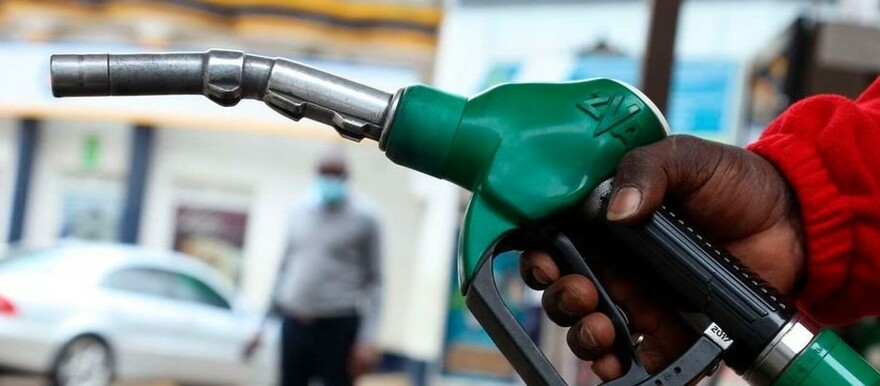Western Bahr el Ghazal State Government and Wau fuel stations’ managers have reached a working formula about the controversial fuel levy debate.
On Wednesday, fuel traders agreed to resume operations hours after briefly closing their businesses in protest of the high taxation imposed on them by state authorities.
The fuel stations’ decision to close their businesses saw black market fuel dealers raising the price of 1.5 litre of petrol from SSP 3,000 to SSP 10,000. This promoted desperate boda-boda riders to increase fares depending on the high cost of fuel in the black market.
Acting State Governor Zachariah Garang convened an emergency meeting with the managers of fuel stations, which ended the impasse.
Speaking to Radio Tamazuj after the meeting in Wau, Akol Majok Rok, State Minister for Trade and Industry, said the matter was not a big issue, but it was that the traders were aiming at gaining high profits despite the public outcry.
“We were in an important meeting with the fuel stations’ managers and the state trader union. The issue was not a big case, but the traders were only thinking of gaining more than compromising for the citizens,” said Rok.
Rok further said the situation was triggered by last week’s decision by the state government to implement the state taxation law passed by the state parliament.
“Last week, there was a position to implement the increase of taxation law because the taxation law was amended in 2014 by the state assembly, but for the past period, there was no increase in taxation. So we were implementing the law of taxation because we were charging 1,200 SSPP per barrel when it was sold at 70,000 to 100,000 SSP, but now, a barrel is SSP 500,000,” he said.
“Today (Wednesday), we reached a deal that we will collect SSP 5,000 per barrel, and they will continue operations with the normal prices,” he added.
Deng Mawien, a representative of the fuel stations, confirmed the closure of the stations over heavy taxation.
“First of all, the state government presented a taxation law before the council of ministers and was presented to state parliament, based on the law, this does not reconcile with our pricing system because in Juba, a litter is SSP 1,300 but in Wau, we are selling at SSP 2,500 and they told us that they will charge us per barrel SSP 50,000, which is too much,” said Mawien.
He explained that the traders were not against the citizens but wanted the government to feel their pain in doing business.
One of the boda-boda raiders, Gabriel Bol, said their clients became victims of the increase in fuel prices because they had to purchase fuel expensively.
“When the fuel stations closed, 1.5 litres of petrol became too much, and the setback I got is that I bought 1.5 litres at the price of SSP 10,000, and one cannot get a passenger. Before the increase in the fuel price, we were charging passengers as per distance at the low of SSP 5,000 and SSP 10,000, but it became worse today,” he said.
Bol urged the state government to agree with the managers of fuel stations on how to normalize fuel prices to cushion small traders like the boda boda riders.




